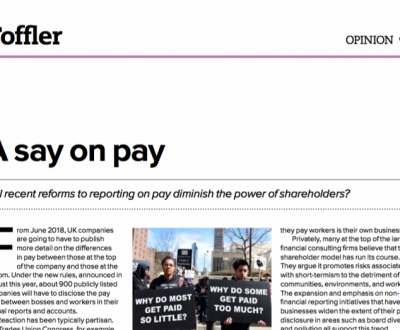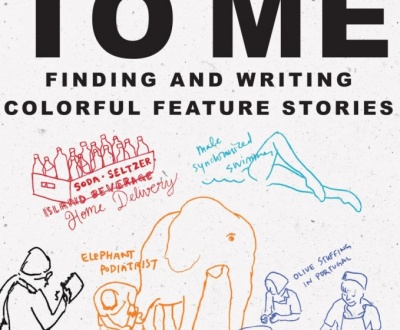I was going to write an article about using dictionaries, but my friend Neil Baker sent me a feature by James Somers recently that says it all.
Somers’ main point is that if you want to write well, a substantial dictionary is an invaluable aid. Not only will it tell you the meanings of a word, it will also share with you some of its history and provide endless inspiration for improving your writing.
I use a 1983 book club edition of the two-volume Shorter Oxford English Dictionary. Its definition of dictionary supports these wide aims:
A book dealing with the words of a language, so as to set forth their orthography, pronunciation, signification, and use, their synonyms, derivation, and history, or at least some of these…
Included in the definition is a quote from the American writer Ralph Waldo Emerson:
Neither is a dictionary a bad book to read… It is full of suggestion – the raw material of possible poems and histories
Shorter dictionaries don’t cut the mustard because their definitions are clipped and they lack examples of usage.
Usefully, Somers includes in his article a way of importing Webster’s 1913 dictionary into the dictionary app on your phone or computer – so you can stay digital and still benefit from an extensive reflection on vocabulary.
Happy reading!
About us
We create intelligent and highly readable magazines, newsletters and special reports – anything that benefits from our experience as award-winning journalists and editors.
Tell us about your project
More from our blog
See all postsRecent Posts
- Dictionary talk 18th March 2019
- Is social media killing the shareholder model? 28th September 2017
- Autumn issue of Enterprise Risk 20th September 2017



